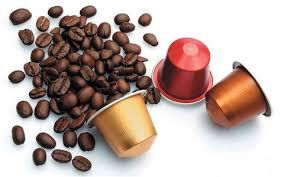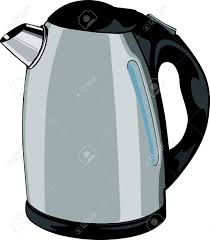Homely Habits
- The Eco Sisters

- Jul 12, 2020
- 3 min read

Hello! In today's post I will be talking about some items and habits in your home that are damaging to the environment as well as alternatives that are more eco-friendly.
I hope you enjoy this post!
Items:

Air conditioners:
Air conditioners can be major energy drainers. Especially during the hot summer months when air conditioners make up 30 percent of energy usage in the United States! The increased use of air conditioning units means power plants have to produce more energy, in turn creating more pollution.

Wet wipes:
Wet wipes and makeup wipes are very useful but they are very bad for the environment. The majority of wet wipes contain plastic and take approximately 500 years to biodegrade. Most wet wipes are non- flushable and make up a significant amount of sewer blockages. The packaging should say if a product is suitable to be flushed down the toilet or not so please check that before you do so. As well as this, a lot of wet wipes end up in the ocean and are ingested by marine animals. The non- biodegrade components of the wet wipe will mean that it can't be digested and will therefore stay in the animal's stomach. This could lead it to die of starvation. Don't worry, there are many wet wipes that are eco-friendly so buy those next time.
Coffee Capsules:

Coffee capsules are very convenient but have you ever considered their impact on the environment? Coffee processing plants often discharge waste into rivers creating pollution and contamination problems in the water systems and kill aquatic plants and animals. As well as this, coffee is one of the of the most popular drinks in many countries meaning that the coffee trade is huge! The total air mileage that the coffee trade has traveled is over 27, 170, 921! This obviously causes more air pollution and petrol/power usage. Also, the packaging of coffee capsules is usually plastic which goes into landfill or ends up in the ocean after being thrown away. But you can still enjoy your cup of coffee! Many companies have released eco-friendly (biodegradable) coffee capsules and pods which you should buy as a just as good alternative.
Habits:

Keeping lights on:
Keeping the lights on when you don't need them may have a bigger impact on the environment than you thought. 10% (or a whopping 6.5 million) of people in the UK regularly leave our lights on when leaving a room at home. Based on industry averages, this equates to an estimated £14,950,000 of wasted energy per day across the UK which is mind-blowing! So please, when you leave a room or when you don't need to use a light, turn it off to save energy.
Having long showers:

Did you know that hot showers release large amounts of CO2 into the atmosphere? It takes energy to heat your water tank and keep it hot. A five-minute shower creates 2.25 lbs of CO2 and a ten-minute shower 4.5 lbs of CO2. And long hour showers released around 27 pounds of CO2 gas! As well as this, unnecessarily long showers waste a lot of water. It takes 10 to 25 gallons of water to shower for just five minutes! Hot showers require more water than cold showers, because of the extra time spent waiting for the flow to heat up. According to a preliminary analysis from a researcher at Lawrence Berkeley National Laboratory USA, an average of 5.21 gallons per household, per day goes down the drain before anyone even starts bathing. There is no way to completely remove the environmental impacts of a shower, but you can greatly improve them by taking no longer than you need to in the shower as well as putting up with the cold water at the beginning as it heats up, it won't kill you! In fact, it makes you good at swimming in cold water - fact!
Overfilling your kettle:

According to the UK tea council, as a nation we drink 165 million cups of tea and 70 million cups of coffee each day. If, as some figures suggest, we habitually boil twice as much water as we need, we could be needlessly wasting some 3,525 tonnes of CO2 every day! So only boil the exact amount of water you need. Why not fill your cup with water, and tip that into the kettle?
So that is three household items to watch out for, and three household habits to break!
There will be a part 2 soon with even more tips for an eco-friendly household.
Thanks for reading!
The eco sisters xxx



Comments